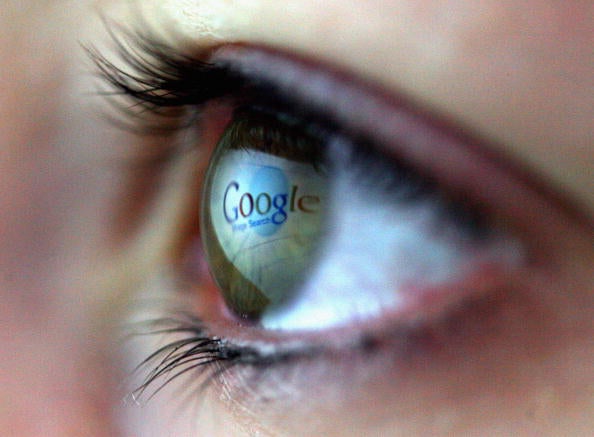Students are taking to the Internet to self-diagnose illnesses, PushDoctor research finds
Liverpool is most likely to search back pain and depression, while students in Essex tend to research chlamydia and other reproductive health issues

Your support helps us to tell the story
From reproductive rights to climate change to Big Tech, The Independent is on the ground when the story is developing. Whether it's investigating the financials of Elon Musk's pro-Trump PAC or producing our latest documentary, 'The A Word', which shines a light on the American women fighting for reproductive rights, we know how important it is to parse out the facts from the messaging.
At such a critical moment in US history, we need reporters on the ground. Your donation allows us to keep sending journalists to speak to both sides of the story.
The Independent is trusted by Americans across the entire political spectrum. And unlike many other quality news outlets, we choose not to lock Americans out of our reporting and analysis with paywalls. We believe quality journalism should be available to everyone, paid for by those who can afford it.
Your support makes all the difference.More than one in four students and young people in the UK have admitted to self-diagnosing illnesses online rather than making time to see their doctor, according to new research.
PushDoctor – an on-demand video GP service – surveyed* a group of 18-24-year-olds to find 24 per cent had chosen to diagnose their symptoms on the Internet because they were either unable to get an appointment or their GP wasn’t available quickly enough.
As well as this, the results showed how the young group is becoming more and more impatient: 44 per cent wouldn’t cancel a gym session, 35 per cent would keep arrangements to meet friends, and 39 per cent said they wouldn’t be prepared to rearrange plans for a shopping trip.
Another 33 per cent said they would refuse to get out of bed – because they wouldn’t miss the opportunity of a lie-in to see their doctor.
Liverpool – which is home to four universities – came out on top as having the most ‘Googlers’ of health concerns and also top for researching back pain and depression, while students in Essex were more likely to research chlamydia and other reproductive health issues.
Overall, the research found the trend for self-diagnoses was up 19 per cent over the last 12 months, with searches for diarrhoea, depression, and chlamydia being the most common among students.
Chief medical officer at PushDoctor, Dr Adam Simon, said the findings show the extent to which people are now using technology to manage their health, with a staggering 91.8 per cent of students actively use technology to manage their health every day.
He said people feel good about how technology is helping them and added: “76 per cent say new technology helps them feel more in control or more aware of how to manage their health and wellbeing.”
However, Dr. Simon issued a warning about self-diagnosis becoming the norm: “Healthcare providers need to find ways to stay relevant to patients who are getting used to ‘always-on’ services in other aspects of their lives.”
PushDoctor said students suffering from freshers’ flu or in need of other medical advice can book an online video appointment with one of over 7,000 GMC-registered UK GPs within minutes by entering the code DrStudent for one ten-minute consultation for just £1.
*The research combined Google analysis of 61 million search terms for symptoms, along with a survey of 1,013 UK adults. From this, PushDoctor extracted the information and responses from those who were 18-24-year-old students.
Join our commenting forum
Join thought-provoking conversations, follow other Independent readers and see their replies
Comments